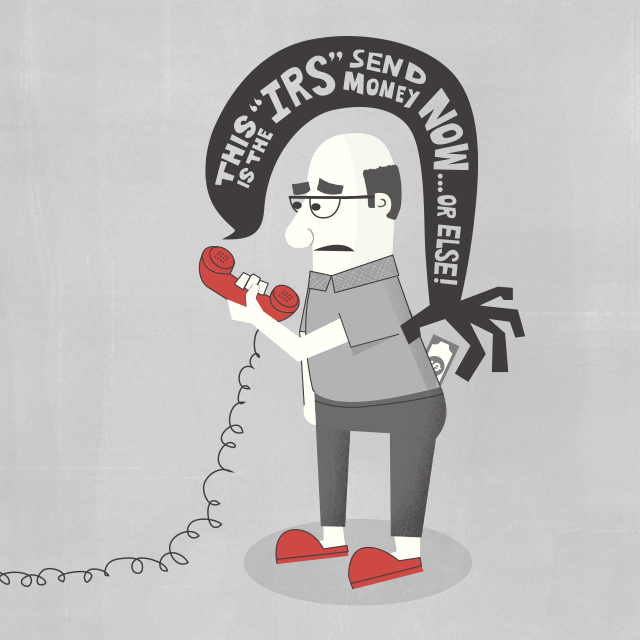
Jun
New Variations on Long Running Tax Scams
The IRS specifically warning about two new variations on existing, long-running tax-related scams. One of the scams tries to gather personally identifiable information related to Social Security numbers (SSN), while another threatens people with a fake tax bill.
In what the IRS has termed “the SSN hustle,” scammers call and claim that they can suspend or cancel your Social Security number. Many of these calls are “robocalls” or automated calls. In one version of the scam, an automated recording declares that your Social Security number (SSN) “has been suspended for suspicion of illegal activity,” and advises you to contact a specific phone number immediately. The robocall or caller may also warn that if you don’t call back, your assets or benefits will be frozen until your alleged issue is resolved. Don’t fall for the scam. Social Security numbers don’t have an expiration date, and you don’t have to re-activate or confirm them for them to be valid.
The IRS says that phone scams are still “a major threat to taxpayers.” The common thread in the list, according to the IRS: Scams put taxpayers at risk. As a reminder, the IRS will never threaten to immediately bring in local police or other law-enforcement groups to have you arrested for not paying or demand that you pay taxes without giving you the opportunity to question or appeal the amount they say you owe.
Now, scammers are trying to trick taxpayers by sending a letter first. The letter threatens an IRS lien or levy based on bogus delinquent taxes owed to a non-existent agency called the “Bureau of Tax Enforcement.”
Don’t engage or respond with scammers. Here’s what to do instead:
- If you receive a call from someone claiming to be from the IRS, and you do not owe tax, or if you are immediately aware that it’s a scam, just hang up.
- If you receive a robocall or telephone message from someone claiming to be from the IRS, and you do not owe tax, or if you are immediately aware that it’s a scam, don’t call them back.
- Never open a link or attachment from an unknown or suspicious source. If you’re not sure about the authenticity of an email, don’t click on hyperlinks.
- Use strong passwords to protect online accounts and use a unique password for each account.
- Use two or multi-factor authentication when possible. Two-factor authentication means that in addition to entering your username and password, you typically enter a security code sent to your mobile phone or other device.
Keep your personal information safe by remaining alert.




